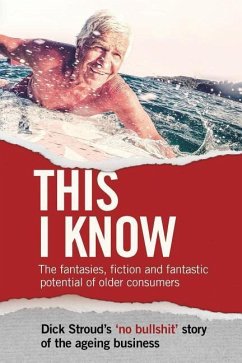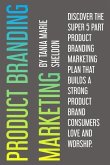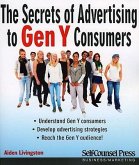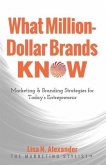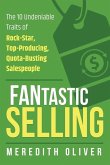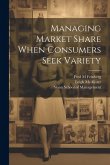We all know that the numbers of older people are rising rapidly. This creates massive business opportunities and challenges, in equal measure. The subject is well researched and has generated millions of words of commentary. My books, blog, articles and conference speeches have added as many as anybody's. What more can be said? Why write another book? OK, this is confession time. I and my colleagues have failed to get companies, governments and older people to respond to this demographic phenomenon. Governments wish the issue would go away; companies always have something better to do; and older consumers are unprepared and hope for the best. In my last contribution to the 'ageing business' I have tried a different approach. Gone are the graphs, tables, bullet points and citations. Instead I have created a plain-speaking analysis of why we are failing to prepare for (and profit from) a world that is rapidly ageing. I identify the 'no-brainer' opportunities it creates and why they will elude most of you reading these words. I am assuming you are probably willing to devote a couple of hours of your life to absorbing the contents. That limits the length to around 25,000 words. The book is short (83 pages) and very much to the point. The examples and statistics that I use mainly refer to the UK. This was done for brevity and because the age profile, economic and social structure of the UK are representative of what is happening throughout much of the developed world. I reckon that 80% of what I say is just as relevant to marketers in Singapore as it is to those in Sydney. Having spent ten years talking, writing, reading, speaking and consulting about all things ageing, there are some things that I 'just know'. I cannot always provide systematic justification for my conclusions, but I am confident that I am right - or thereabouts. My target reader is relatively new to the ageing business. They are in a hurry to get up to speed, anxious not to repeat the mistakes of others. Does that sound like you? The book starts by discussing the 99%-certain factors that drive the ageing business. These are not hunches or forecasts; these are absolute certainties. You would think that businesses and governments would use these factors as the basis for their planning. Instead, these issues are often perceived as boring abstract statistics. They have become the background noise of policy making. Acting upon what we know should be the starting point for making decisions, but all too often policy makers rely on the latest fad; worse still, they rely on hunches and their own prejudices. The second section is about the uncertain world of issues that rely on forecasting - 'guessing' may be a better word. The worst outcome of uncertainty is not that the wrong decision is taken, but that it becomes an excuse for delaying or postponing doing anything at all. I remove these temptations by discussing these unknowns in a language stripped of caveats. The reason for the book's title, This I Know, is that it gives me the freedom to make absolute predictions and statements. Unlike my previous books, I don't have to provide a range of outcomes and reasons why I might be wrong. These views are my 'best shot' at predicting the future. This final part of the story starts on a positive note and explains how companies can exploit the ageing business. That's the good news. The bad news is that if you want to turn these insights into successful marketing you have some nasty barriers to overcome. You will be faced with lots of distractions and resistance from fellow marketers, as well as from your intended customers. Most marketers will decide to give up and return to 'business as usual'. The global value of the ageing business is at least £10 trillion and the driver of economic growth for the next decade. Surely, that prize is worth two hours of your life to read this book.
Hinweis: Dieser Artikel kann nur an eine deutsche Lieferadresse ausgeliefert werden.
Hinweis: Dieser Artikel kann nur an eine deutsche Lieferadresse ausgeliefert werden.

